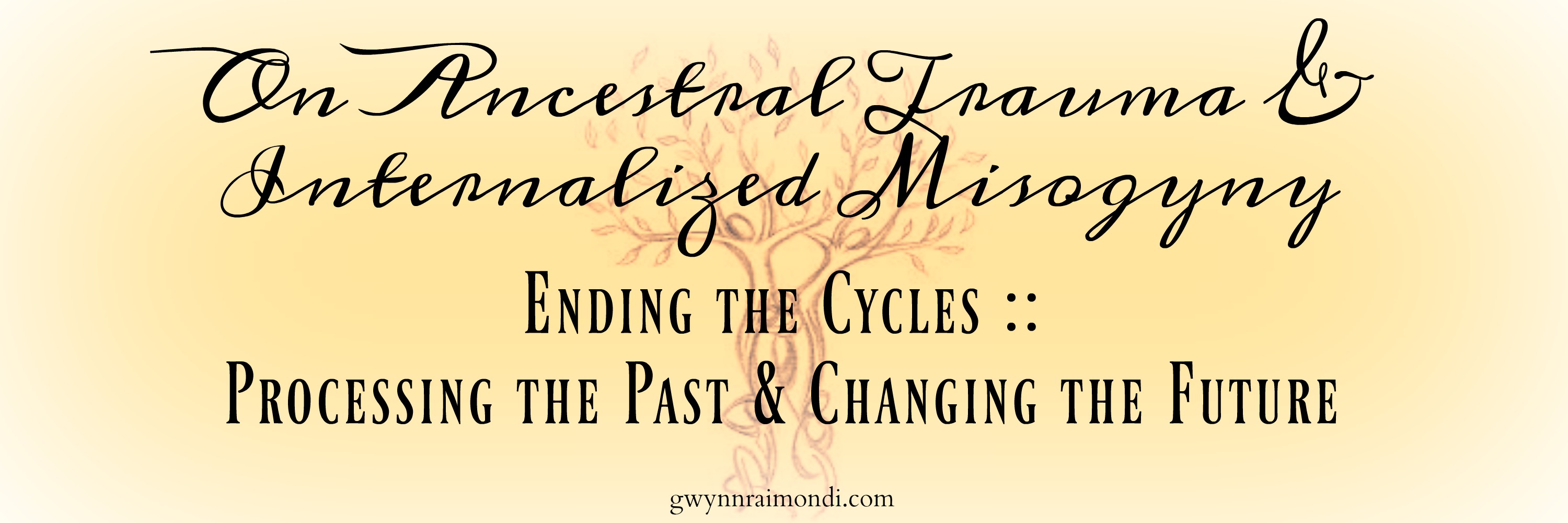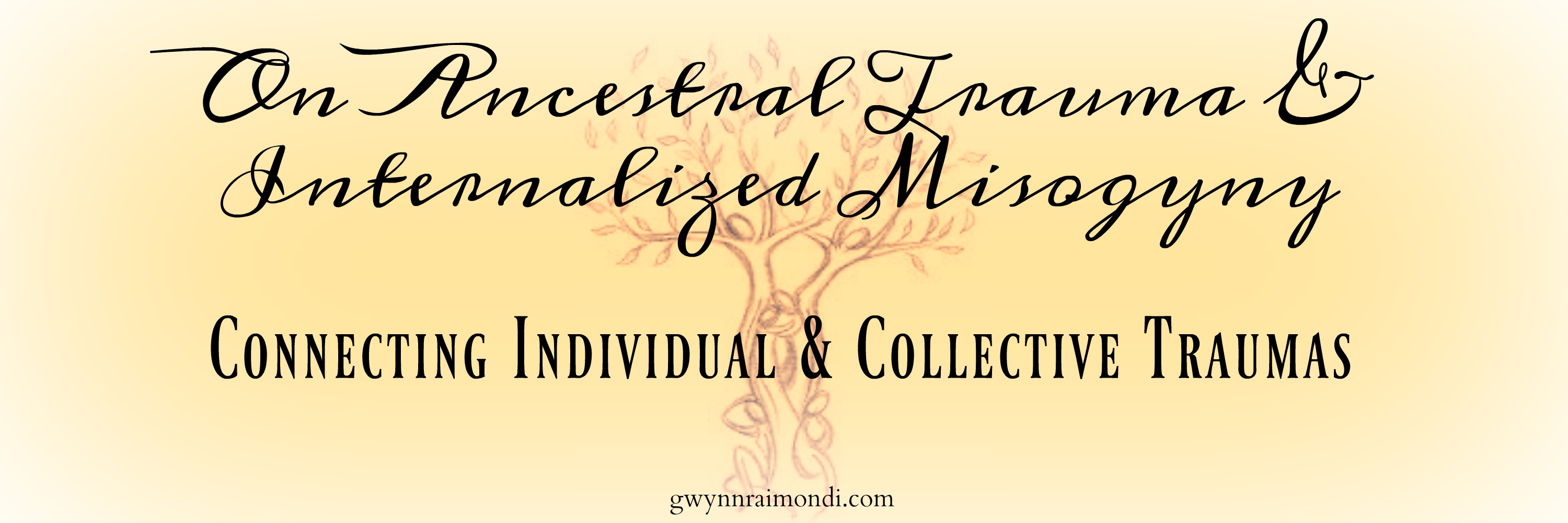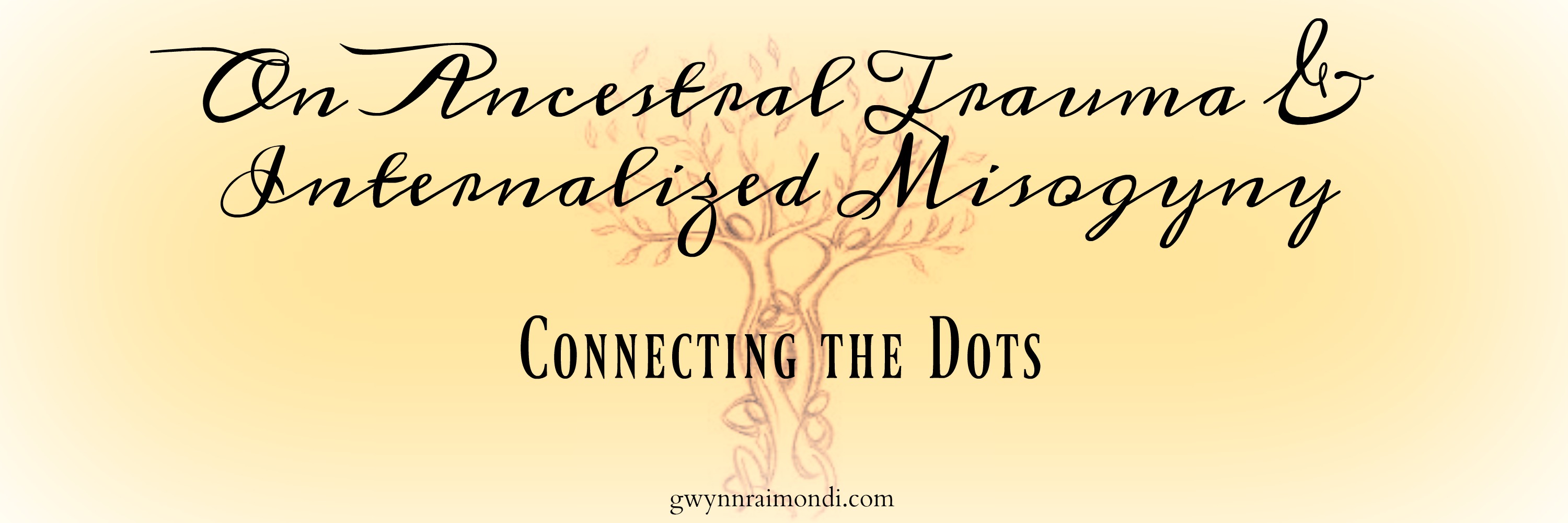On the eve of each of my circles and online programs I offer a blessing to the participants and to all of us. This is the blessing for the Unleashing Ourselves: Processing Ancestral Trauma & Dislodging Internalized Misogyny circle, and truly, for each and every one of us.
May we…
Release the narratives of who, how, and what we should be
Heal the generations of wounding that has been passed down through the millenia
Process the inter-generational trauma that impacts our daily lives
Bring our unconscious motivations into our consciousness
Embrace our female lineage
Unearth the power, strength and daring of the women who came before and live within
Acknowledge our own innate, embodied wisdom
Connect to our true, authentic, whole Self: body, mind, spirit, and soul
Live mindfully and consciously into our interconnected futures
Amen.
******************************************************
If you’d like to learn more about the upcoming spring circle, Unleashing Ourselves: Processing Ancestral Trauma & Dislodging Internalized Misogyny that begins to gather April 1, you can click here. There are still a few spaces left and we’d be thrilled to have you join us. xoox
If you missed the educational essay and video series I wrote introducing the ideas and concepts we’ll be exploring and examining in the spring circle, you can find them at the links below:
Defining Ancestral, Inter-generational, & Cultural Relational Traumas and Internalized Misogyny
Connecting Individual & Collective Traumas
Ending Cycles: Processing the Past & Changing the Future
I also wrote these essay to give more detail about the circle and our work together:
The importance of processing ancestral trauma & dislodging internalized misogyny
More About Unleashing Ourselves: Processing Ancestral Trauma & Dislodging Internalized Misogyny
 No one is innocent in the tide of history. Everyone has kings and slaves in his past. Everyone has saints and sinners. We are not to blame for the actions of our ancestors. We can only try to be the best we can, no matter what our heritage, to strive for a better future for all.
No one is innocent in the tide of history. Everyone has kings and slaves in his past. Everyone has saints and sinners. We are not to blame for the actions of our ancestors. We can only try to be the best we can, no matter what our heritage, to strive for a better future for all.
